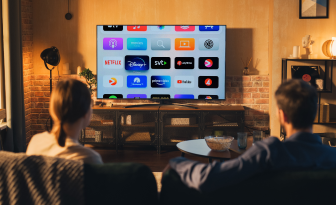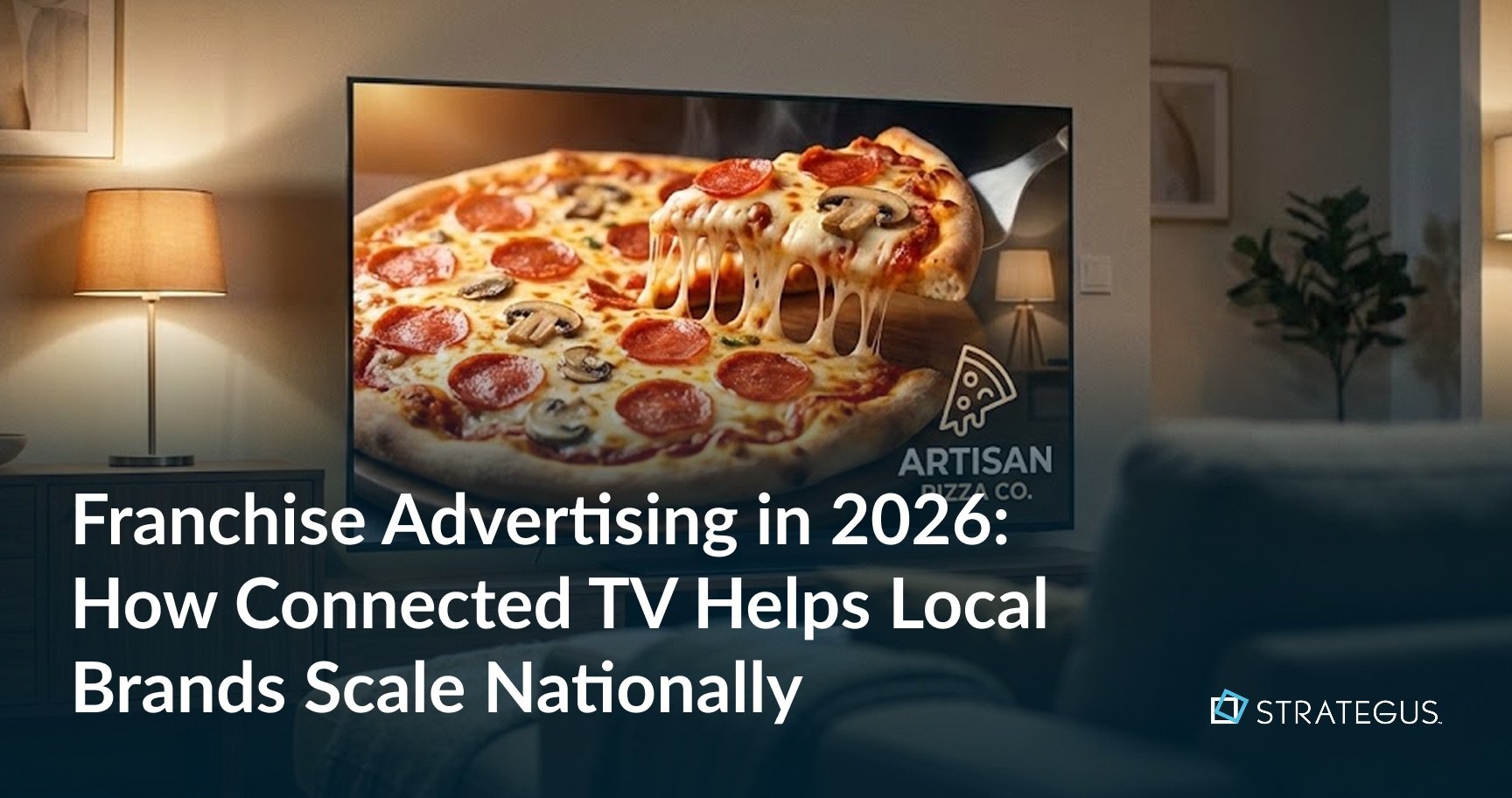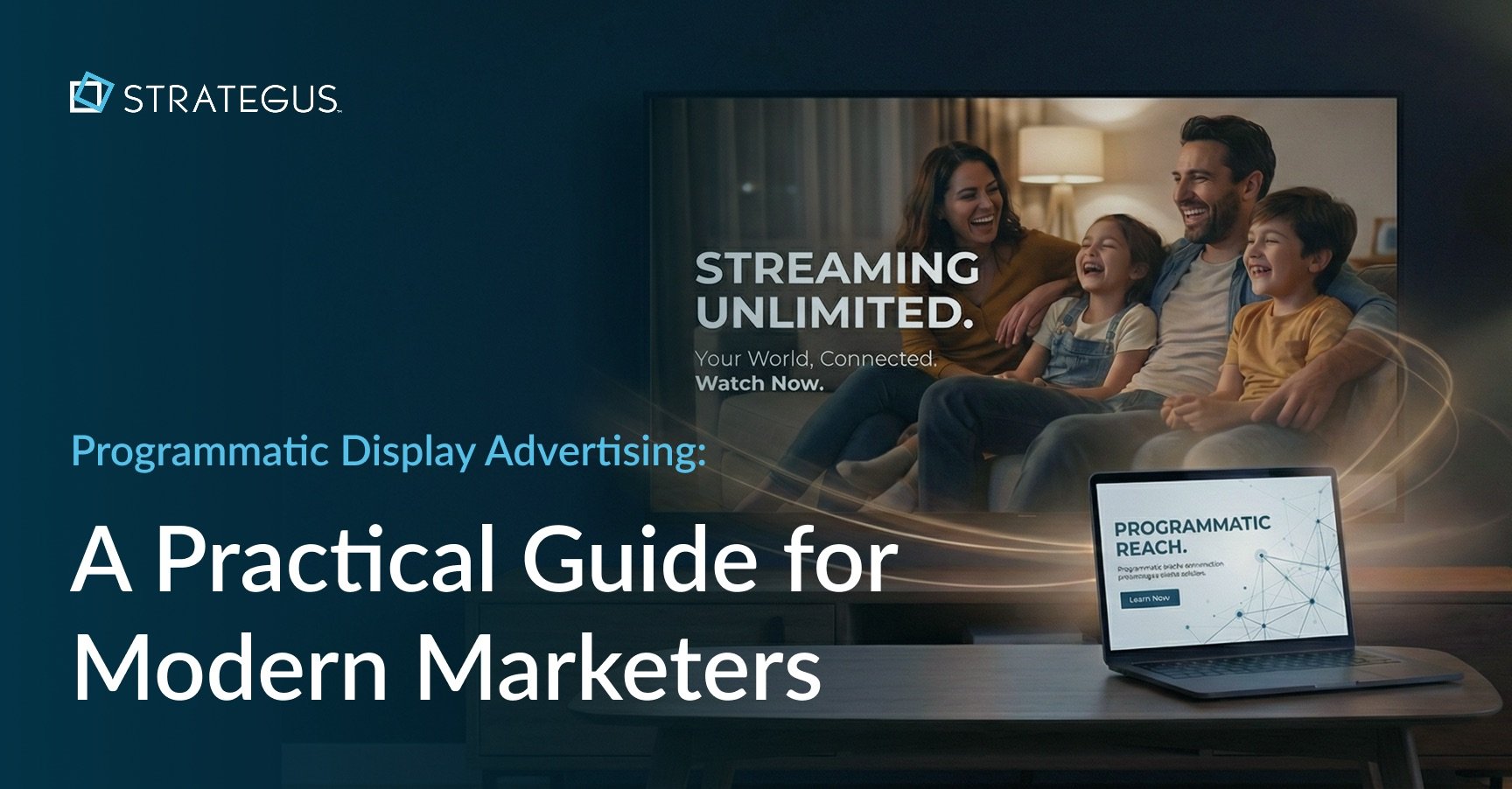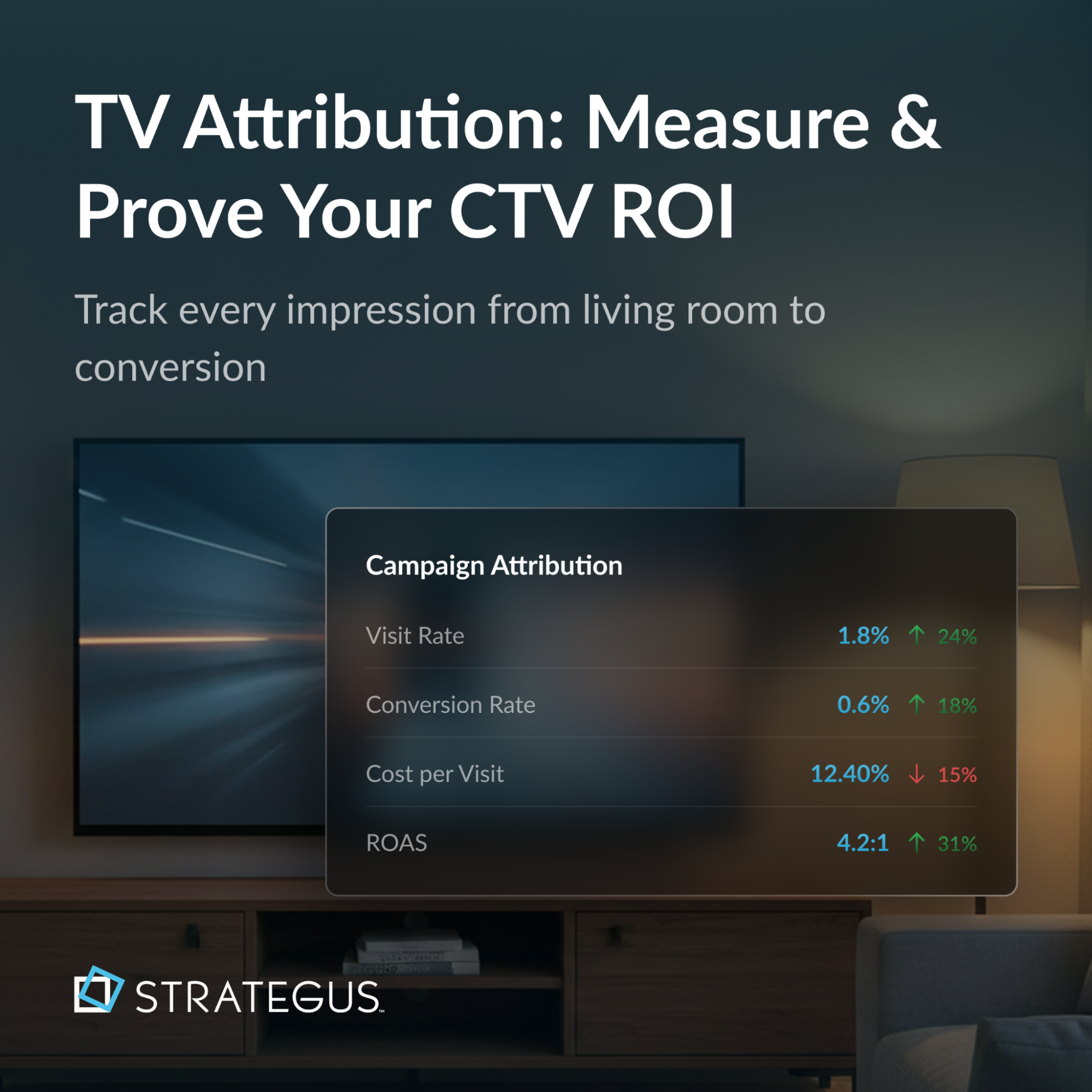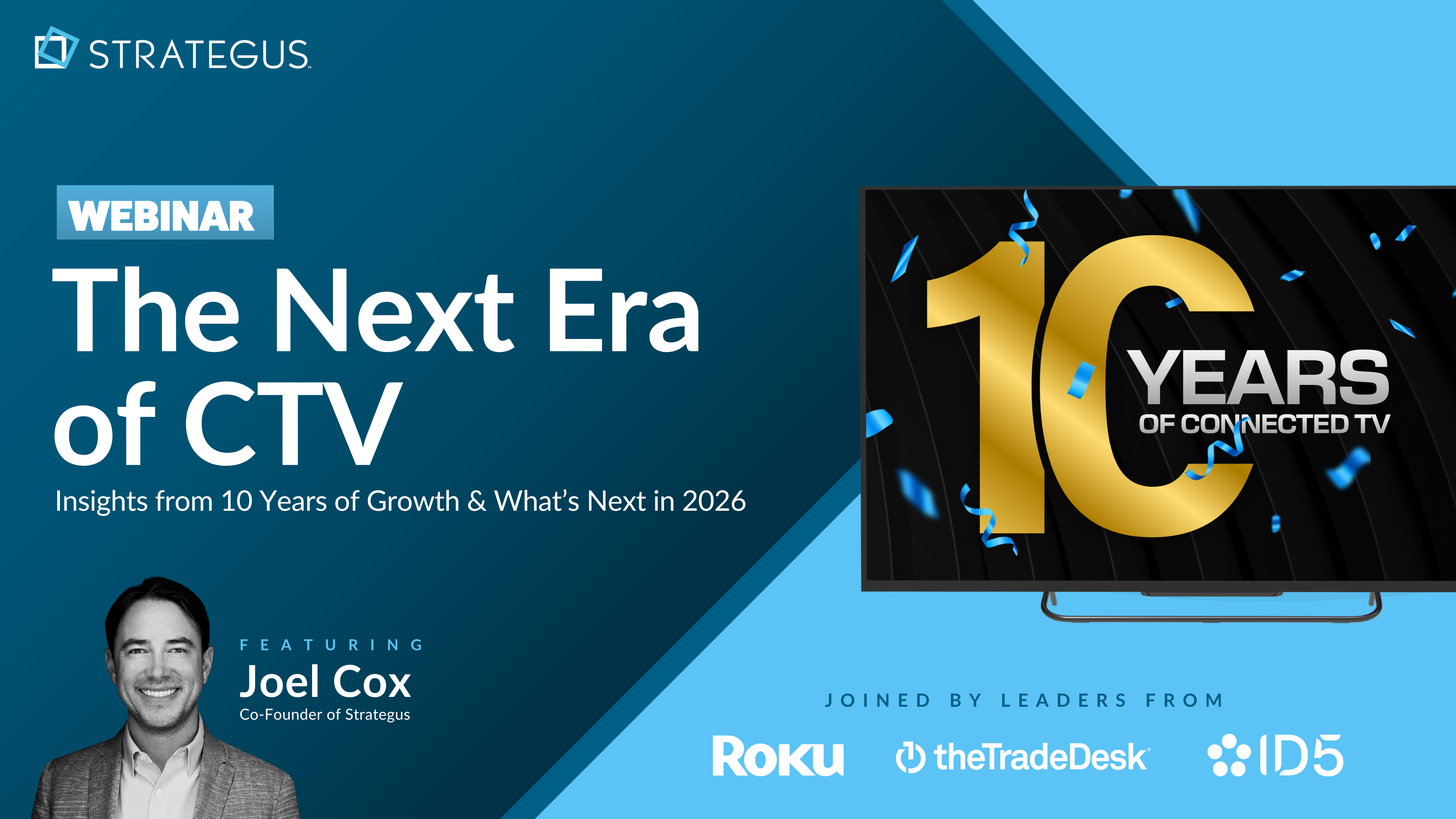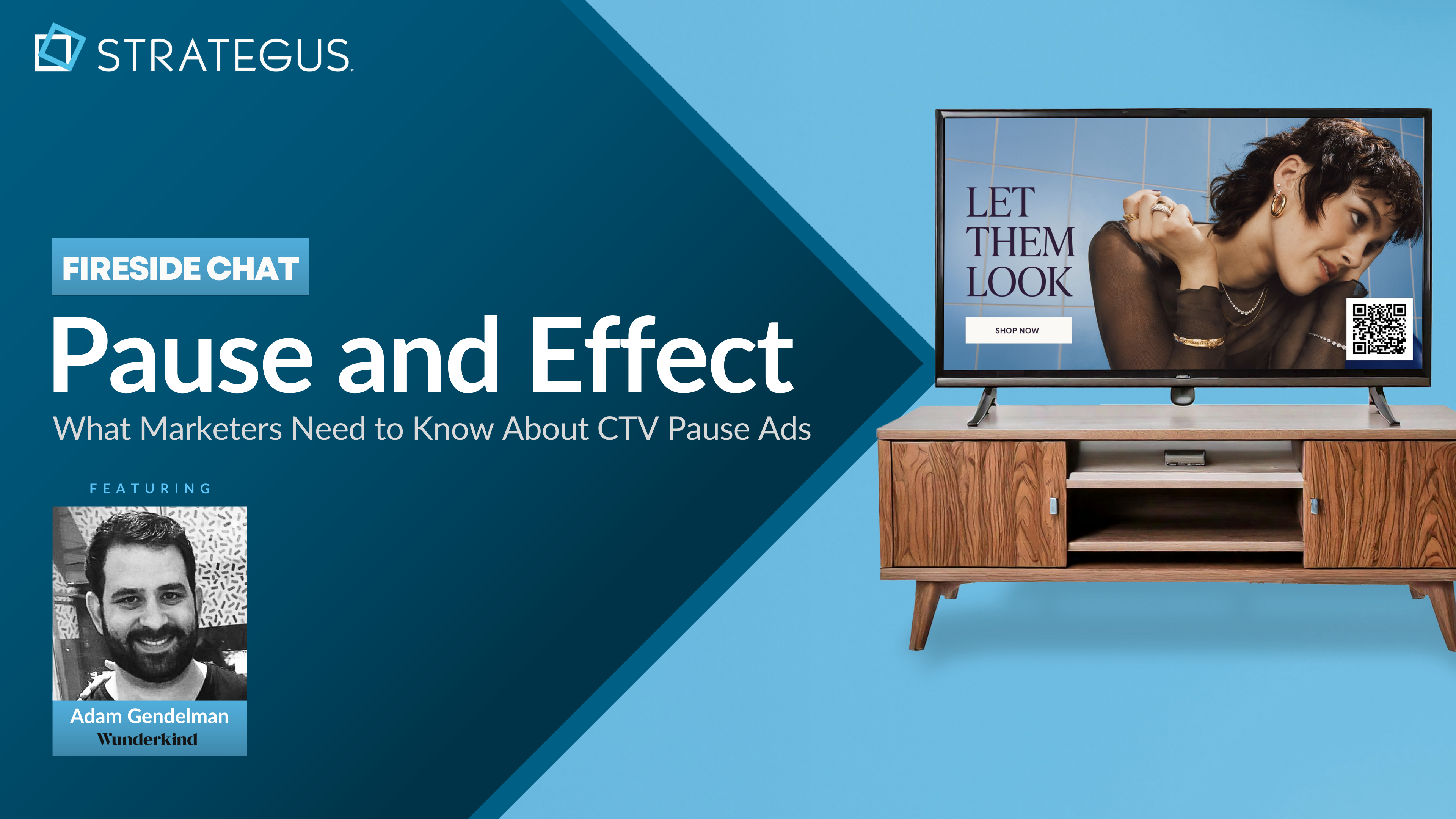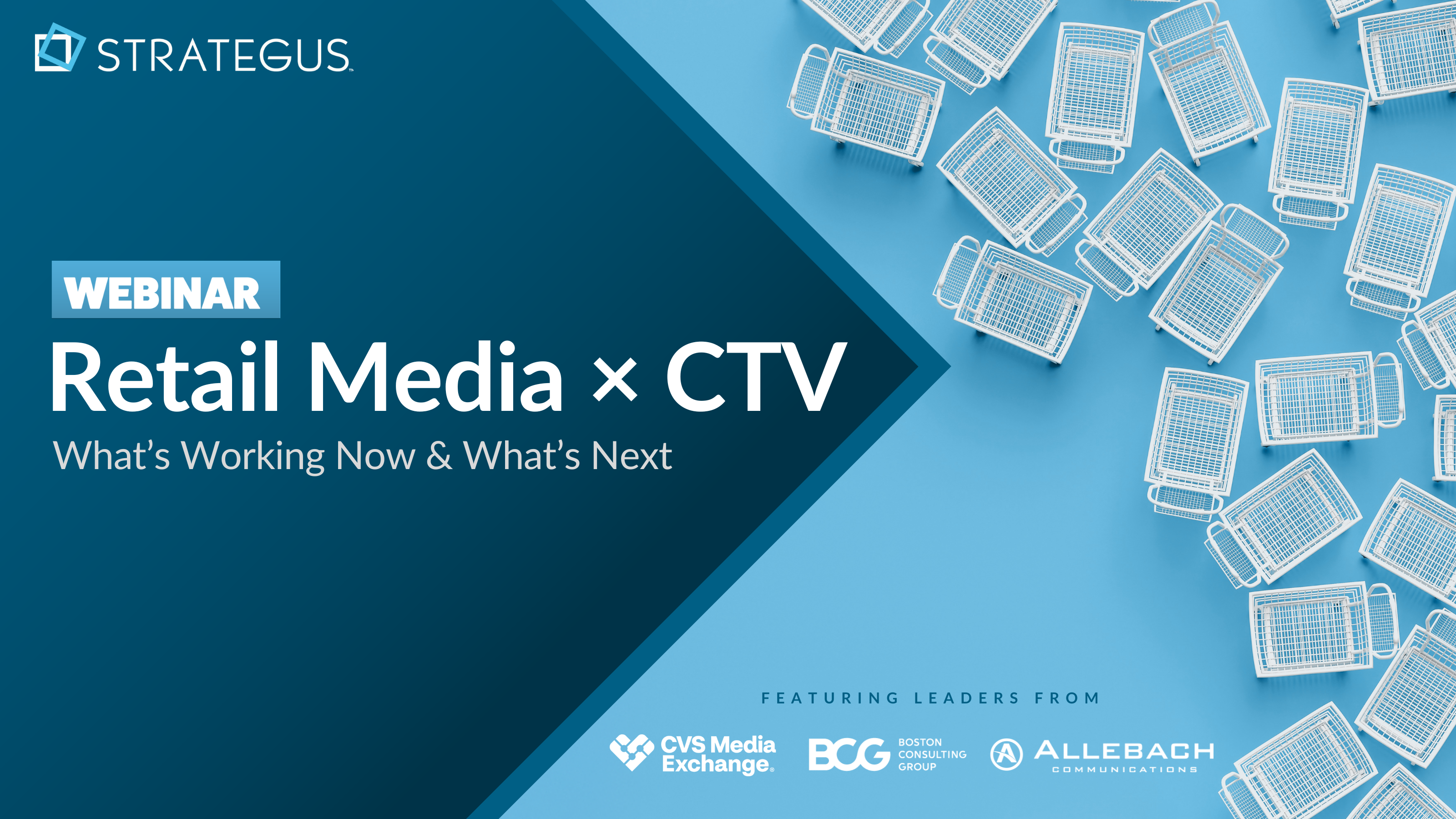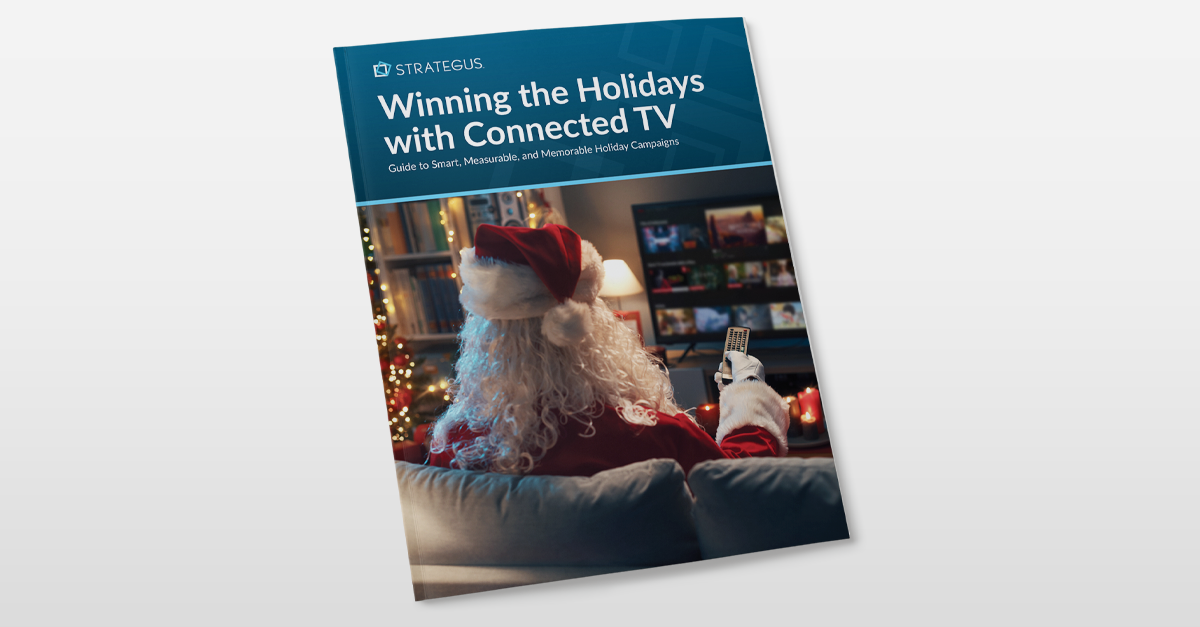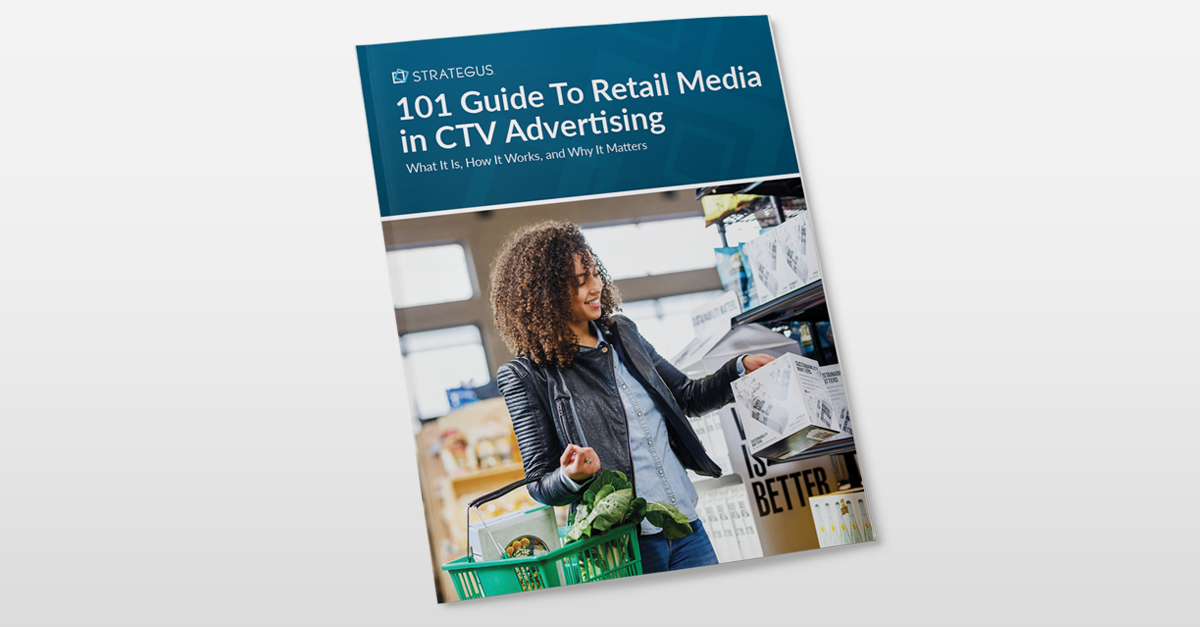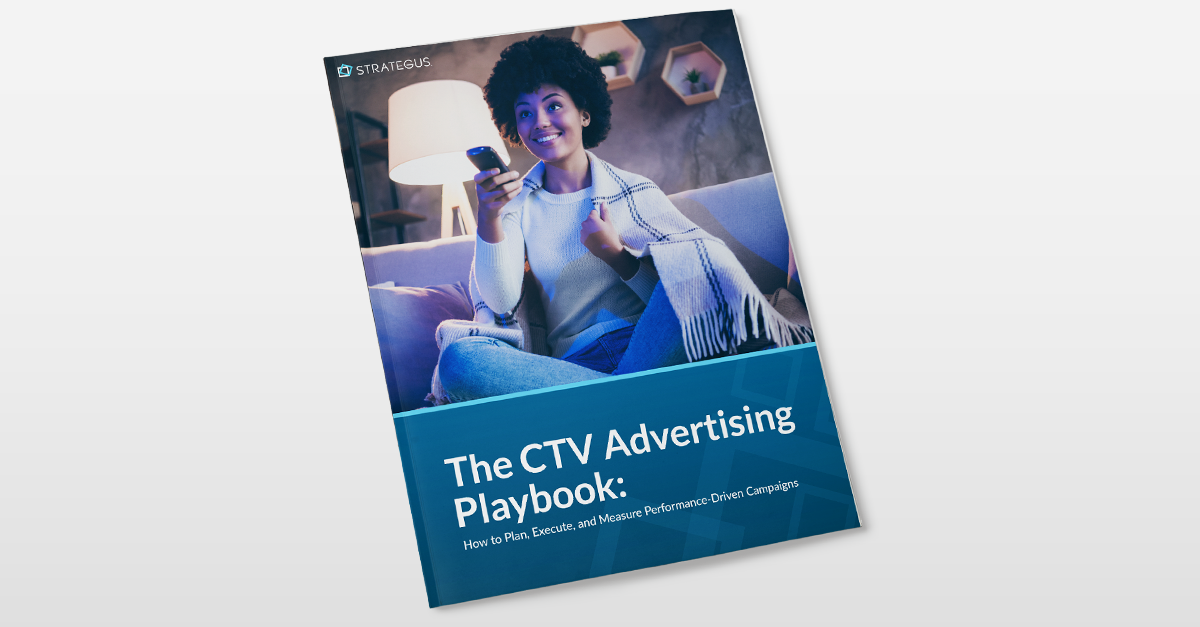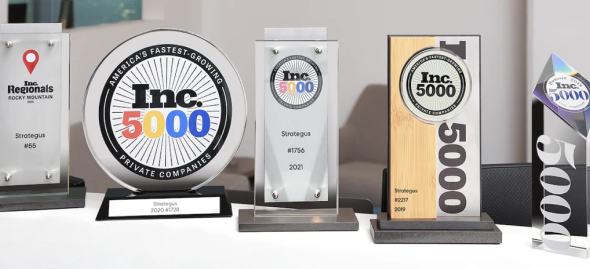- Home
- Strategus Blog
- What Is Brand Recall and How to Measure It Through Advertising
What Is Brand Recall and How to Measure It Through Advertising
 Andy Dixon
Andy Dixon
4 minutes read

Every marketer's dream is to create instant brand recall and recognition among their target audience. It's the ultimate one-upper over everyone else in the industry because it's your brand remembered when it comes time to make a purchase. It's no easy task, though, or it wouldn't be the competitive advantage it is.
Small Biz Genius reports that it takes at least 5 to 7 impressions for a brand to remember you, and something as 'seemingly' small as the color used in your name, logo, advertisements, etc., can improve brand recognition by up to 80%!
The only way to truly make a path to improved brand recall within your audience is to measure viewers’ responses to your brand following exposure to your video ads. This provides insight into ad attribution as you can measure your results, make adjustments where needed, and improve brand recall with each new ad exposed to the viewer.
Brand Recall vs. Brand Recognition
While getting the two terms mixed up can be easy, it's essential to understand the difference.
- Brand recognition is someone's ability to recognize aspects of your brand when they see/hear them — logo, slogan, etc. This association is vital for building brand awareness and trust, as a recognizable brand yields more credibility than an unknown one.
- Brand recall is when someone immediately associates your brand with a product/service without seeing any aspect of it — i.e., I need a new pair of shoes; I immediately think of Nike because their brand is so ingrained in my mind. It's significant because it facilitates customer loyalty for your brand — even potential new lines of the brand they're more unfamiliar with — and leads to repeat purchases.
How To Measure Brand Recall
The secret to tracking brand lift is to gain access to how well someone remembers your brand after seeing an ad. However, that’s easier said than done.
Acting as one of eight tools in our Attribution Suit, the brand lift tool allows you to gauge the effectiveness of your ads better, so you can ultimately create brand recall and measure marketing attribution.
It does this by evaluating viewer responses to your brand in the days following exposure to your OTT/CTV advertisements. This can come in the form of questions like:
- "Which of the following brands have you seen advertisements from?"
- "Does one of the following brands make you think of [INSERT MESSAGE HERE]?"
- "On a scale from 1-10, how familiar are you with the following brands?"
The key is to be indirect, so you don't influence answers that aren't accurate. For example, if you mistake asking “How familiar are you with [YOUR BRAND NAME]?” it could negatively impact the target as it seems like a direct sales pitch.
Instead, by asking discrete questions that are more difficult to trace directly back to your brand, you have a more accurate representation of the impact your ad made on them.
With that knowledge, you'll have a better idea of where your brand stands in terms of brand recall, alongside the competition. Ongoing data and responses are continually recorded and assessed in real-time, and reports are optimized with each new insight.
Why Does Brand Lift Matter?
Brand lift matters because it impacts your brand's consumer response, opinion, and overall perception of your brand. As the name suggests, it's the process of lifting some of your brand's most essential components: recall, awareness, consumer interest, purchasing intent, and more.
You'll also see a wonderful lift in sales, customer loyalty, and competitive advantage when done correctly.
Boost Sales
When someone immediately recalls your brand when they think of a product, they are more likely to buy from you. Better yet, they're more likely to keep buying from you and then referring friends and family to purchase from you as well.
Not only does it incite trust and credibility with your current products, but it often maintains that same positive perception for any potential products you release down the road. Consumers will think, “if this product is great, their others will be just as great.”
Improve Customer Loyalty
Brand recall goes beyond that first sale — when their experience with your brand is so impactful that it creates brand recall, they are more likely to become loyal, repeat customers. They're also more likely to promote your brand in every way possible, without any real incentive from you (i.e., money, rewards, etc.).
Again, think of Nike's fan base. Oftentimes, if you see a customer wearing Nike shoes, they also may be wearing Nike socks, shirts, shorts, hats, and more. Nike has built so much loyalty through the success of its shoes that customers also want their other products.
Create Competitive Advantage
An indirect component of boosted sales is creating a competitive advantage. If someone remembers you instead of your competitor, you have a competitive advantage over them. This is the reason why two businesses can sell practically the same thing, yet only one of them can get away with selling it at a high price — brand recall brings exclusivity and value to your products/services.
As Jack Welch, General Electric's previous Chairman and CEO, once said, "If you don't have a competitive advantage, don't compete." It can come in several forms, but there isn't one better than brand recall and recognition.
Your Bottom Line
So, what does brand recall mean for your bottom line?
It means more repeat purchases (i.e., a boost in sales!), the sweet benefits of improved customer loyalty, and a significant competitive advantage over other businesses in the industry.
It also means that all that hard work you’re putting into your campaigns is working because not only are consumers interested in your product/service, but only an introduction to the product category influences recall to your brand specifically.
Our team at Strategus understands the importance of brand recall and measuring OTT/CTV advertising campaigns. To learn more, check out our blog for insight into our Attribution Suite and other marketing tips.

Andy Dixon is a seasoned Content Writing Specialist at Strategus, renowned for his expertise in creating engaging and impactful digital content. With over a decade of experience in content creation, Andy has honed his skills in a variety of niches, ranging from technology and marketing to education.
Strategus is a managed services connected TV(CTV) advertising agency with over 60,000+ campaigns delivered. Find out how our experts can extend your team and drive the result that matter most.
Talk to an Expert
Seeking a Custom CTV Strategy That Delivers?
What to read next

Franchise Advertising in 2026: How Connected TV Helps Local Brands Scale Nationally
Franchise advertising looks simple on paper: the franchisor sets the strategy and runs national-level campaigns, and franchisees support with...
10 minutes read

Programmatic Display Advertising: A Practical Guide for Modern Marketers
Programmatic display advertising is a staple for most marketers. It's familiar, widely used, and often the default choice in digital campaigns. But...
11 minutes read

TV Attribution Explained: How CTV Delivers the Proof Traditional TV Never Could
Traditional TV advertising was a black box. You’d run a campaign, the media plan would look solid, and then… you’d wait. Maybe site traffic ticked...
13 minutes read

What Is Cost Per Acquisition and How Does CTV Fit In?
Marketers have been able to track the cost per acquisition (CPA) across digital channels using tracking pixels and attribution models to determine...
9 minutes read

